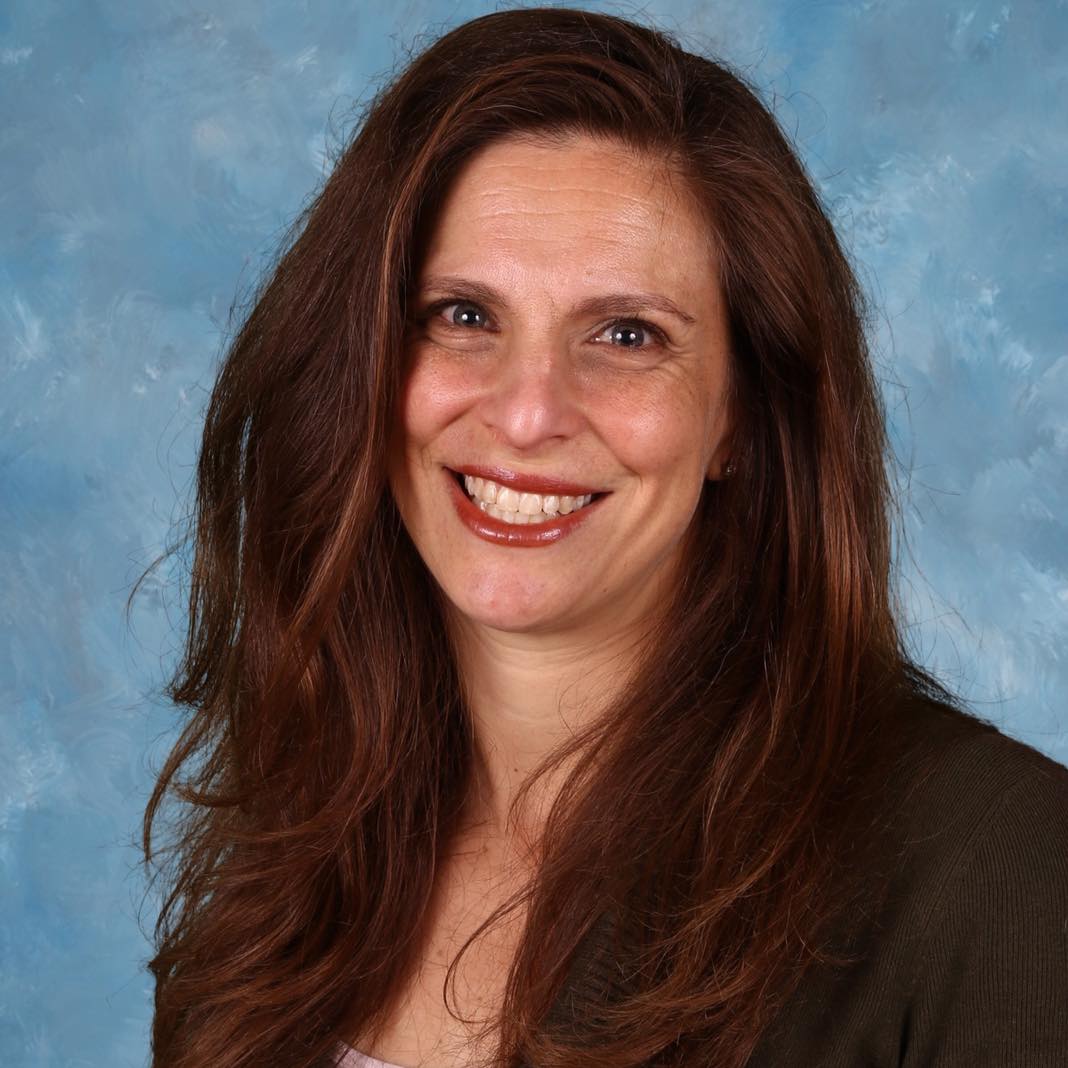Why School?
Why School?
by Rabbi Laurie Hahn Tapper
I was walking up the steps of our garage with my groceries freshly picked up from the curbside of our local supermarket and realized I was carrying more than I usually do: a whole watermelon and a bag of brown sugar in one arm and two one-gallon containers of milk in the other hand. When had I gotten so strong?
This must be one of those real life, mundane moments my strength training had been preparing me for, I thought to myself with a smirk. Since the pandemic hit, I’ve been getting through the days by expanding my workout routine to include daily riding (on my bike that goes nowhere) and strength training. The instructors will often say things like “We are not doing this exercise for the sake of the exercise, but we are doing this to live our lives more fully,” or “Being uncomfortable by pushing faster or lifting heavier helps us get comfortable doing uncomfortable things in our lives.” One of my favorite instructors in fact used to say (pre-March 13th), “Go faster! We’re training for the apocalypse and when those zombies come, you want to be able to outrun them.” When she used to say that, I would both laugh and go faster.
Now, I hear those words differently. The apocalypse (though not a zombie one) feels like it has arrived. The pandemic, systemic racism, white supremacy, a federal government with no leadership, climate change—how have we trained to meet this moment? Do each of us have within us the necessary ethical, emotional and physical muscles to survive, live and thrive in this current moment? Have I trained myself in patience, self-discipline, empathy, just to name a few of the characteristics I find myself most needing to call upon right now? It’s a question I think is critical for teachers and administrators to ask ourselves as we figure out how we will return to school.
Regardless of the physical or virtual form school takes, what is the content we will be providing right now for students to survive and thrive in this current world moment and beyond? Instead of focusing on how we will do school, what if we first asked why?
So, at this moment: Why school? Yes, academics are important. One needs to know how to read, write and think critically. But more than anything, I have often felt that the goal of elementary school is to help a child learn who they can be and how they can be a respectful and productive citizen of the world. If this is so, then what do our children actually need to know and be able to do to be citizens of the world they are currently living in and help to continue to build?
As we look at the images of unmasked people gathering in large groups, videos of people coughing on others who disagree with them, or the general disregard of medical experts and scientific studies, how do we help children find the strength within them to withstand this moment and even to thrive?
Whether virtual or physical, schools need to be centers that develop respectful and productive citizens of the world who value common decency, empathy and critical thinking. Our job is to be training students with deep social-emotional and inner-spiritual skills. What are the fundamental building blocks that children can learn so they develop patience, resilience, hope, delayed gratification and, most importantly, the deep understanding that their wellbeing is inexplicably tied up with and dependent on the wellbeing of their immediate and global community?
I’m not sure yet what it actually looks like, but I feel that our world needs us to rethink the curriculum, and our religions compels us to. As Rabbi Abraham Joshua Heschel wrote in “What We Might Do Together”: “Many of our people still think in terms of an age in which Judaism wrapped itself in spiritual isolation. In our days, however, for the majority of our people involvement has replaced isolation. The emancipation has brought us to the very heart of the total society. It has not only given us rights, but also imposed obligations. It has expanded the scope of our responsibility and concern. Whether we like it or not, the words we utter and the actions in which we are engaged affect the life of the total community. We affirm the principle of separation of church and state, we reject the separation of religion and the human situation.”
If emergency learning required us to try to keep things as normal as possible so people could survive, I wonder if this next phase requires us to acknowledge and name the situation we are in, so that we may purposefully train and educate for this moment and beyond, rather than try to just perpetuate what we’ve always done in a modified way. I dare say that Judaism requires it, our world needs it and the future of our children depends on it.
 Rabbi Laurie Hahn Tapper is beginning her fourteenth year as the School Rabbi of Yavneh Day School in Silicon Valley, California, where she is also the Director of Learning Integration, empowering teachers and students to make connections between all aspects of the learning.
Rabbi Laurie Hahn Tapper is beginning her fourteenth year as the School Rabbi of Yavneh Day School in Silicon Valley, California, where she is also the Director of Learning Integration, empowering teachers and students to make connections between all aspects of the learning.


